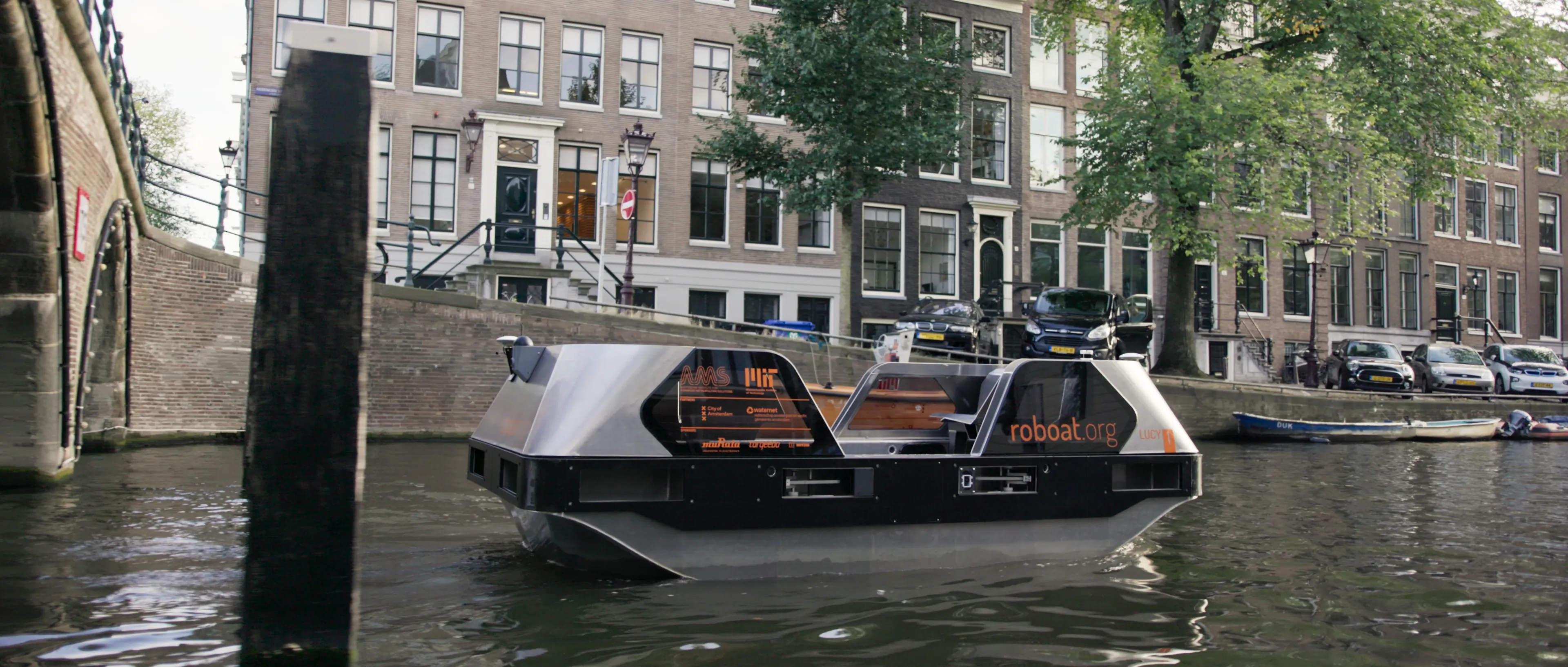Members of the public can now register to take part in the UK’s first public driverless vehicle trials, due to take place later this year. The trials, which will take place in the Royal Borough of Greenwich, are part of the GATEway (Greenwich Automated Transport Environment) project – a US$11.5 million (£8million) research project to investigate the use, perception and acceptance of autonomous vehicles in the UK.
Taking place in the UK Smart Mobility Living Lab @ Greenwich and led by the UK’s Transport
May 13, 2016
Read time: 2 mins
Members of the public can now register to take part in the UK’s first public driverless vehicle trials, due to take place later this year. The trials, which will take place in the Royal Borough of Greenwich, are part of the GATEway (Greenwich Automated Transport Environment) project – a US$11.5 million (£8million) research project to investigate the use, perception and acceptance of autonomous vehicles in the UK.
Taking place in the UK Smart Mobility Living Lab @ Greenwich and led by the UK’s Transport Research Laboratory (491 TRL), the trials will see fully electric automated vehicles navigating their way around Greenwich. Members of the public can now register for their chance to be involved in the trials, which seek to understand how a range of different user groups feel about the use of fully automated vehicles. Those chosen to be part of the trials will be given the chance to ride in a driverless vehicle and asked to provide their views about the experience. Some participants may also be invited to share their views in interviews before and after using a vehicle.
In addition to physical vehicle trials, members of the public can also register to take part in workshops to help envision the future of driverless vehicles. The workshops, which will take place from June 2016, seek to better understand people’s attitudes towards the use of automated vehicles and their operation in cities. Participants will be encouraged to discuss and debate the topic as well as participate in creative activities with designers and researchers from GATEway partner, the Royal College of Art.
Those with experience or knowledge of Greenwich are also encouraged to share their views on driverless vehicles via a web-based sentiment mapping tool. The site, developed and managed by GATEway partner Commonplace, provides members of the public with a chance to provide feedback on how driverless vehicles might impact life in and around Greenwich. Contributors are able to revisit the site as many times as they like, adding as many comments as they wish, whenever they choose throughout the duration of the project.
Taking place in the UK Smart Mobility Living Lab @ Greenwich and led by the UK’s Transport Research Laboratory (
In addition to physical vehicle trials, members of the public can also register to take part in workshops to help envision the future of driverless vehicles. The workshops, which will take place from June 2016, seek to better understand people’s attitudes towards the use of automated vehicles and their operation in cities. Participants will be encouraged to discuss and debate the topic as well as participate in creative activities with designers and researchers from GATEway partner, the Royal College of Art.
Those with experience or knowledge of Greenwich are also encouraged to share their views on driverless vehicles via a web-based sentiment mapping tool. The site, developed and managed by GATEway partner Commonplace, provides members of the public with a chance to provide feedback on how driverless vehicles might impact life in and around Greenwich. Contributors are able to revisit the site as many times as they like, adding as many comments as they wish, whenever they choose throughout the duration of the project.










